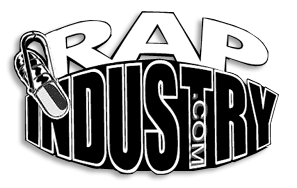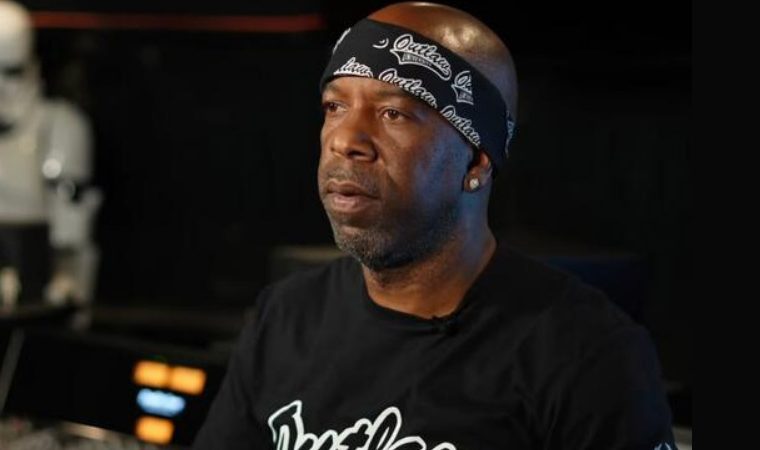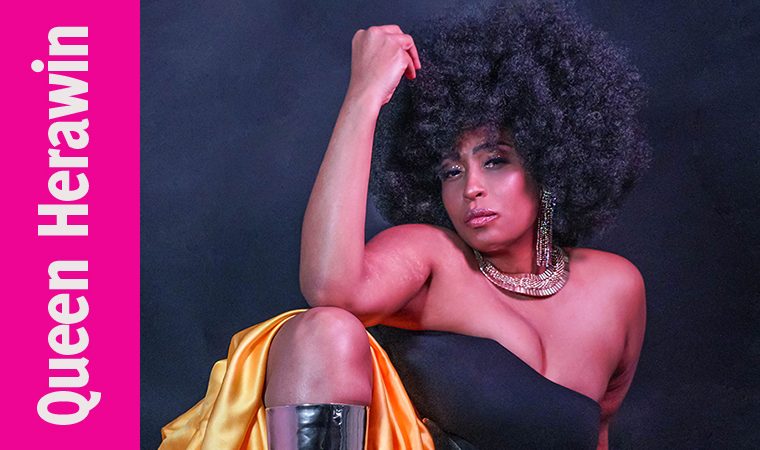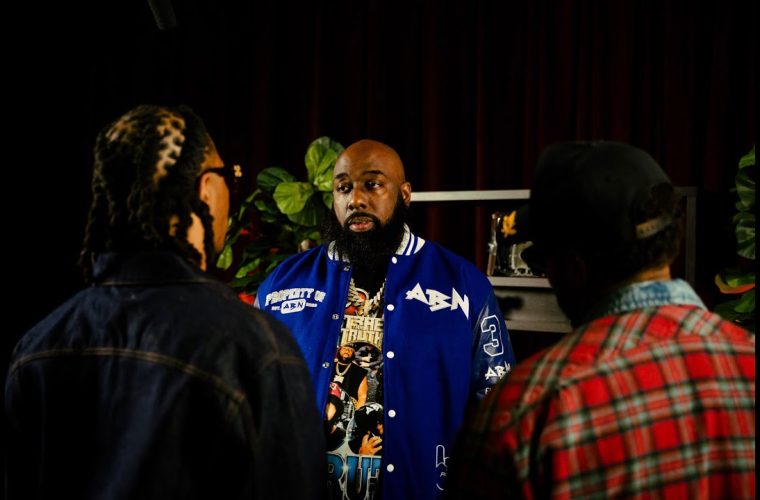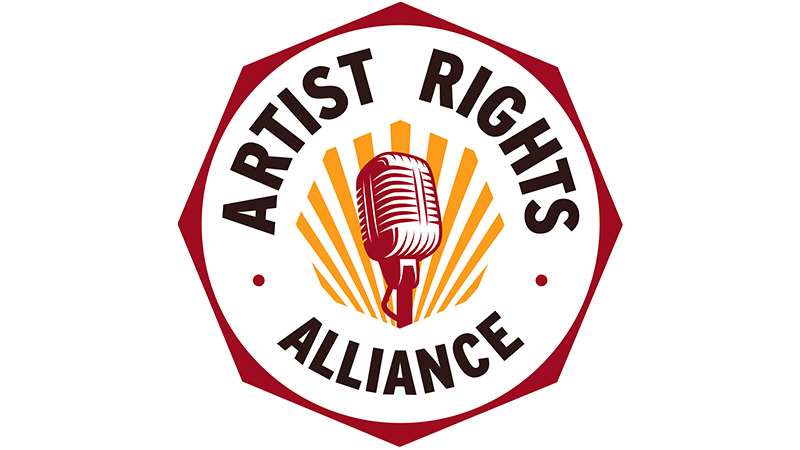
Chuck D, Nicki Minaj, Dave East, Q-Tip, & More Sign An Open Letter Geared Towards Stopping AI Infringement.
In an open letter organized by the non-profit Artist Rights Alliance, 200 notable names across the music business are calling on AI developers, technology companies, platforms and digital music services to “cease the use of artificial intelligence to infringe upon and devalue the rights of human artists,” according to the letter, which was issued Tuesday by the artist-led education and advocacy organization and posted online.
The letter highlights AI threats including deep fakes and voice cloning, as well as “irresponsible uses of AI” such as the using AI sound to diminish royalty payments to artists and the use of musical works by AI developers without permission to train and produce AI copycats.
“We believe that, when used responsibly, AI has enormous potential to advance human creativity and in a manner that enables the development and growth of new and exciting experiences for music fans everywhere,” the letter states.
“Unfortunately, some platforms and developers are employing AI to sabotage creativity and undermine artists, songwriters, musicians and rightsholders.”
“We must protect against the predatory use of AI to steal professional artists’ voices and likenesses, violate creators’ rights, and destroy the music ecosystem,” the letter says.
Among the hundreds of signatories are songwriters, celebrities and leading entertainment companies, including Chuck D, Nicki Minaj, Dave East, Q-Tip, Jim Jones, Jadakiss, Hit-Boy, Ja Rule, Camila Cabello, Darius Rucker, Finneas, Imagine Dragons, J Balvin, Jon Batiste, Julia Michaels, Kate Hudson, Kim Petras, Mumford & Sons members, Norah Jones, Pearl Jam, R.E.M., Sam Smith, Sheryl Crow, Smokey Robinson, Stevie Wonder, Zayn Malik and the estates of Bob Marley and Frank Sinatra.
In a statement, the executive director of the ARA, Jen Jacobsen, said the threats of artificial intelligence are worsening already-tough working conditions for artists. “Working musicians are already struggling to make ends meet in the streaming world, and now they have the added burden of trying to compete with a deluge of AI-generated noise,” Jacobsen says. “The unethical use of generative AI to replace human artists will devalue the entire music ecosystem—for artists and fans alike.”
SEE THE LETTER HERE
